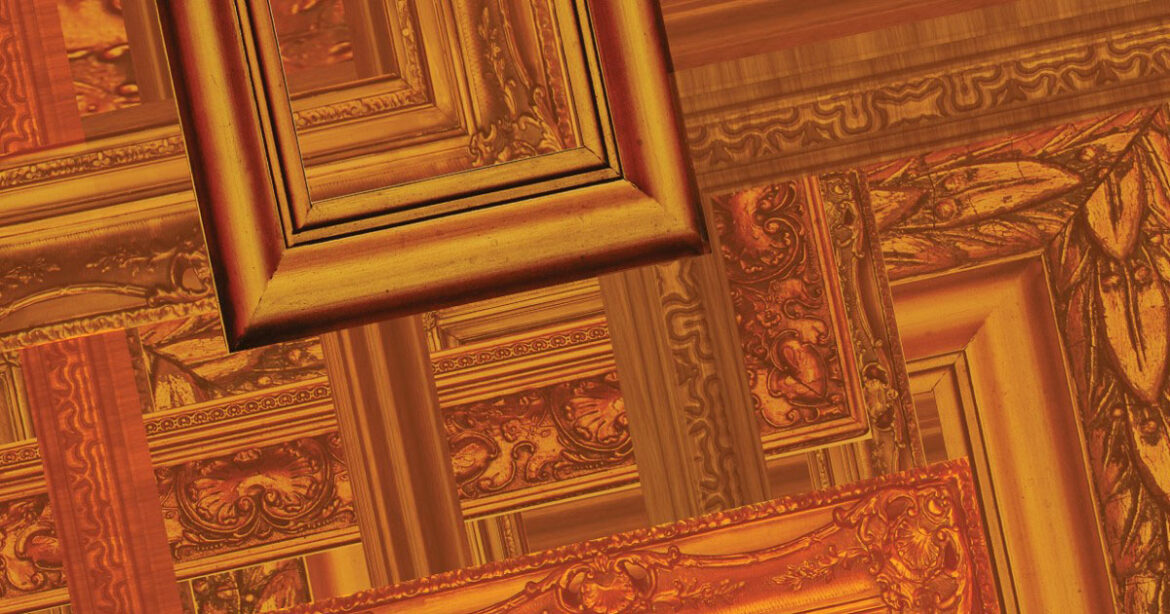Cambridge Philharmonic dazzled audiences with a trio of spectacular orchestral works by Elgar, Howard and Mussorgsky
Review by Alex Fice
Music lovers were spoilt for choice at Cambridge Philharmonic’s most recent performance at West Road Concert Hall, Pictures at an Exhibition. The concert featured not only Ravel’s arrangement of Mussorgsky’s multi-part masterpiece, but also treated audiences to a jaw-dropping rendition of Elgar’s Violin Concerto performed by Anthony Marwood – and a transcendental performance of Dani Howard’s work, Coalescence.
The evening opened with Elgar’s fiendishly difficult Violin Concerto in B minor, Op 61. Formally commissioned in 1909 by the Royal Philharmonic Society of London, Elgar was originally asked to write a violin concerto by Fritz Kreisler, who had publicly declared Elgar to be the greatest living composer of their time. A technically challenging beast, the concerto demands absolute mastery of the instrument, which Anthony Marwood demonstrated impeccably. Marwood brought the violin to life, effortlessly allowing it to take on its own character and voice, deftly navigating cascading scales and quick-step chromatics. These spellbinding solo sections were punctuated by equally impressive and impassioned passages by the orchestra, swelling to spine-tingling moments of grandeur before contracting to let the solo violin sing once more.
Dani Howard’s Coalescence provided a suitable palette cleanser – offering a sound totally different from the first half, yet just as moving and full-bodied. Commissioned by the Royal Liverpool Philharmonic Society, the piece premiered in 2019 and was inspired by the sight of an enormous tree in central London that, over many centuries, had grown in and around a solid metal railing. The piece explores the relationship between humans and nature, featuring a dialogue between the two that is both playful and serious. A highly textural piece, with layers of sound combining to create a warm, rich tone, it evoked the sensation of walking through woodland – with a cacophony of sounds crashing in from all sides. The flutes and piccolo evoke urgent birdsong, whilst other instruments recall the sound of frogs and other wildlife. Intermittently, the sound of a clock chimes through – a reminder from the composer to heed nature’s warning when faced with impending environmental catastrophe.
To conclude the evening, Modest Mussorgsky’s majestic masterpiece – Pictures at an Exhibition. It was composed in 1874 as a tribute to the artist Viktor Hartmann, a close friend of Mussorgsky who had died suddenly the year before. The original work for solo piano describes his emotional walk through the exhibition that took place in St Petersburg in 1874, as a tribute to Hartmann’s art. In 1922, Maurice Ravel completed a stunning arrangement of the work for orchestra. Thanks to a superb programme guide (written by chorus member Chris Fisher), it was possible to follow Mussorgsky through the exhibition almost 150 years later, passing paintings depicting a troubadour singing outside a medieval castle, children playing in the Jardin des Tuileries and French women quarrelling violently in the market.
Stand-out passages included the first ‘picture’ of a clumsy gnome running on crooked legs – where the orchestra offered a toy box of sound complete with playful surprises such as a wooden football rattle. The fourth movement also offered an image of a Polish cart on enormous wheels drawn by oxen, evoked by the steady beat of a drum to mark each heavy step of the weary creatures. But it was the final ‘picture’ – that of The Great Gate of Kyiv – that stole the show. The longest and best-known of the movements, the final passage returns once more to the work’s opening theme – this time with even more grandeur, reflecting the impressive appearance of the mighty gate. A dramatic interlude halts the arrival at the end of the piece, followed by the sounds of clockwork and bells from a number of thundering cymbals, all building towards a majestic finale.
An ambitious repertoire, executed with great technical ability, Cambridge Philharmonic’s latest performance under new musical director Harry Sever guided audiences on a spellbinding journey through a wide range of soundscapes and delivered a rich and invigorating musical experience. The orchestra will return to West Road Concert Hall on 17 December at 7.30pm – this time joined by the chorus – for A Child of Our Time, featuring music by Price, Stravinsky, and Tippett. Tickets are available online.
Read Edition’s interview with musical director Harry Sever, here.

